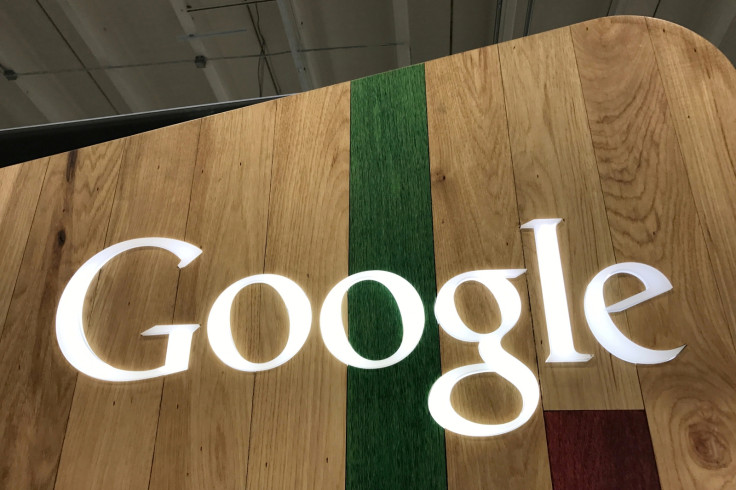Google hit with record $2.7 billion fine over shopping search monopoly
European Union hands internet giant huge fine for breaching antitrust rules.

The European Union's competition watchdog has slapped a record 2.42 billion euro ($2.72 billion) fine on internet giant Google for breaching antitrust rules with its online shopping service.
European regulators said Tuesday that "Google has abused its market dominance as a search engine by giving an illegal advantage to another Google product, its comparison shopping service."
EU vs Google: Timeline of the 7-year battle
Nov 2010: EU opens formal inquiry into whether Google manipulates search results in a way that favours its own business
April 2013: Google offers change to its practice
July-Dec 2013: EU deems Google's changes not good enough
Feb 2014: The EU and Google reach a tentative agreement on how to fix the search results
May 2014: Separately, the European Court of Justice rules that Google must consider citizens' requests to remove irrelevant or embarrassing personal information
Sept 2014: Following more complaints, the EU makes a u-turn on the agreement from February
April 2015: EU formally charges Google with abusing its dominant position in search results
April 2016: The EU charges Google with using Android to gain market advantage in mobile apps
June 2017: The EU fines Google a record 2.42 billion euros ($2.72 billion) for breaching antitrust rules
The full statement from Commissioner Margrethe Vestager in charge of competition policy read:
"Google has come up with many innovative products and services that have made a difference to our lives. That's a good thing. But Google's strategy for its comparison shopping service wasn't just about attracting customers by making its product better than those of its rivals.
"Instead, Google abused its market dominance as a search engine by promoting its own comparison shopping service in its search results, and demoting those of competitors."
"What Google has done is illegal under EU antitrust rules. It denied other companies the chance to compete on the merits and to innovate. And most importantly, it denied European consumers a genuine choice of services and the full benefits of innovation."
It gave the Mountain View, California, company 90 days to stop or face fines of up to 5 percent of the average daily worldwide turnover of parent company Alphabet.
The European Commission, which polices EU competition rules, alleges Google elevates its shopping service in search results and "demoted rival comparison shopping services" even when other options might have better deals.
The investigation conducted over 5.2 terabytes worth of search results, financial traffic data from competitors and surveys analysing the impact of visibility in search results.
The conclusive evidence showed: "the most highly ranked rival service appears on average only on page four of Google's search results, and others appear even further down. Google's own comparison shopping service is not subject to Google's generic search algorithms, including such demotions."
Google maintains it's trying to package its search results in a way that makes it easier for consumers to find what they want.
Two other cases of Google allegedly abusing its dominant position as a search engine being investigated by the European Commission include Android operating system stifling choice and innovation on mobile apps, as well as preventing third-party websites from sourcing search ads from competitors using AdSense.
© Copyright IBTimes 2025. All rights reserved.






















